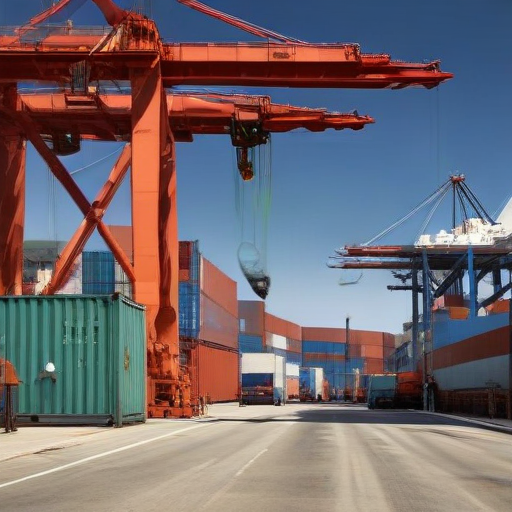In 1975, Dennis Nixon began his career at a regional bank in Laredo, Texas, at a time when cross-border trade with Mexico was minimal. Fast forward nearly five decades, and Laredo has emerged as America’s busiest port, facilitating nearly a billion dollars in commerce and handling over 15,000 trucks daily. This growth, largely driven by trade agreements, has tightly woven the economies of the United States and Mexico into a complex web of interdependence.
Nixon reflects on the transformative impact of trade relationships, noting, “You cannot pick it apart anymore.” He emphasizes that the longstanding economic ties are often taken for granted until disruptions occur. Unfortunately, a significant disruption is on the horizon as President Trump has announced plans to impose a 25 percent tariff on Mexican goods, effective Saturday. This decision aims to pressure Mexico into taking stronger measures against illegal immigration, a key theme of Trump’s 2024 campaign.
In addition to targeting Mexico, the Trump administration is poised to also levy a 25 percent tariff on Canada and a 10 percent tax on imports from China. This bold move signals a departure from established free trade principles, prioritizing border security and the fight against fentanyl trafficking. As this situation develops, it raises questions about the future of trade relations and economic collaboration between the U.S. and its neighbors.
While the implications may be concerning for many businesses that rely on seamless cross-border transactions, there is hope that open dialogue and negotiations could alleviate tensions. It’s crucial for all parties to consider the mutual benefits of trade and work toward solutions that prioritize economic stability while addressing security concerns.
